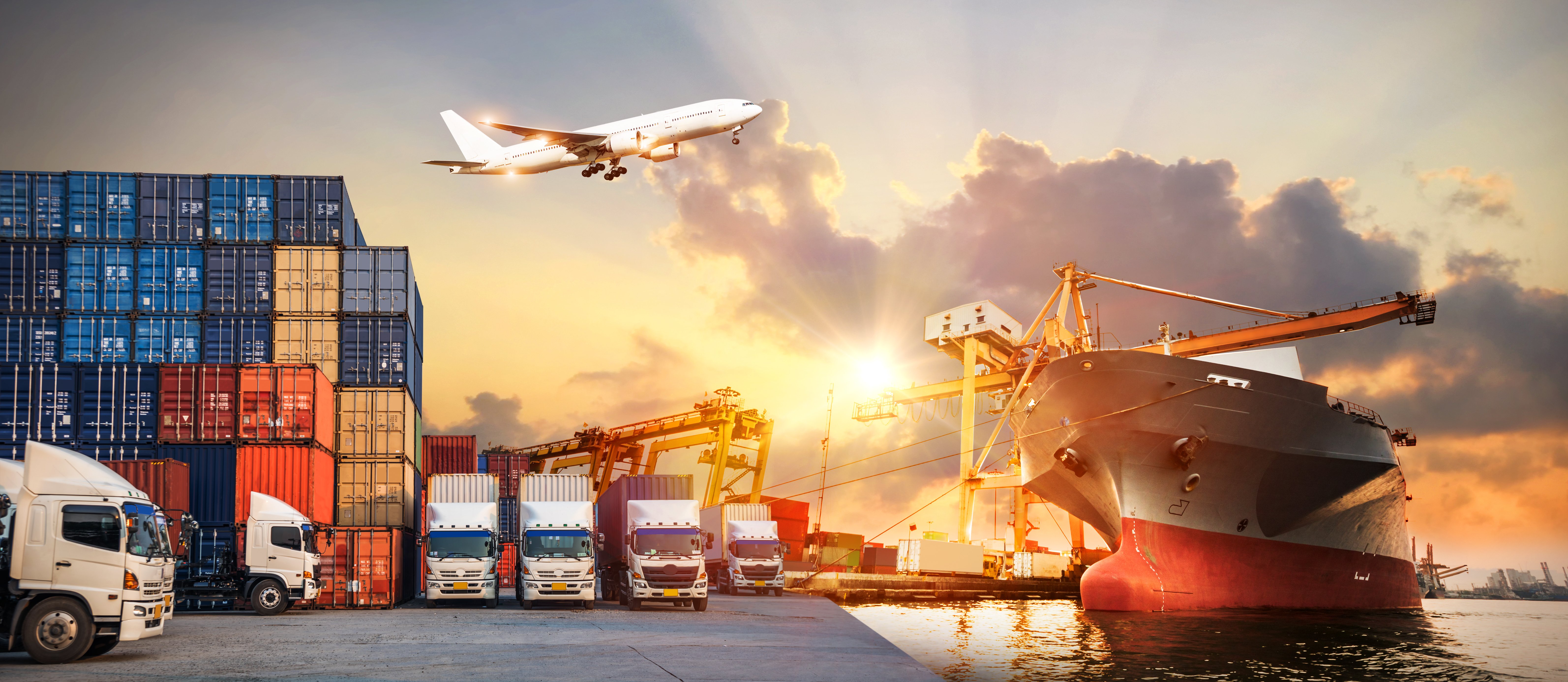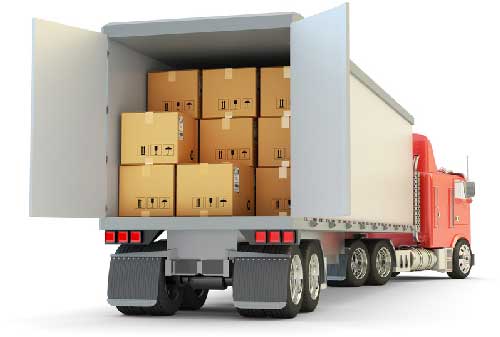Cargo Expedition: Driving World Trade and Logistics
Cargo Expedition: Driving World Trade and Logistics
Blog Article
Cargo expedition is a crucial aspect of global economics which facilitates the flow of goods and commodities across the globe. It encompasses the logistics, transportation, and delivery of various types of merchandise, which range from raw materials to completed products. Through air, land or by sea, cargo voyages allow businesses access markets across the world and consumers to purchase products from around the globe. As the world's economy expands and trade increases, the significance for reliable and efficient shipping continues to increase. Thanks to technological advances and the increasing demand for speed, cargo expeditions are transforming how products are transported and are becoming a key element of modern commerce.
The versatility of cargo journeys comes from their ability to be able to accommodate different modes of transport in order to satisfy specific transportation requirements. Air freight offers unparalleled speed and is favored for high-value and time-sensitive items such as medical devices and electronics. Ocean freight dominates on the scale of quantity as it allows the movement of bulk commodities like crude oil, agricultural products, and automobiles. Land transportation, including trains and trucks, connects airports and ports to the final destination, offering efficient logistics solutions. The integration of these transport modes into multimodal networks allows cargo trips to find the right balance between efficiency as well as cost and delivery timeframes. This makes them essential to businesses of all sizes.
The logistics associated with cargo transport require careful plan and coordination in order to assure the smooth movement of goods. Shipping companies need to take into account factors such as climate conditions, customs regulations as well as security procedures when organizing the transportation of goods. Additionally, they need to optimise delivery routes and schedules in order to reduce costs and delays. A lot of cargo voyages require multi-modal transport, where goods are transferred between different forms of transport. In the case of cargo, it could be carried by ship into a major port later transported by trucks to distribution centers. A seamless transition between the various transport modes is critical to maintaining effectiveness and minimising disruptions to any supply chain.
Technology has played a transformative contribution to the advancement of Cargo Expedition and significantly improved both the speed as well as accuracy of deliveries. Innovations in tracking systems including GPS and RFID can allow for real-time monitoring of the movement of cargo. Transparency benefits shippers as well as customers, by providing precise information on delivery and guaranteeing the safety and integrity of the transport. Digital platforms have also streamlined the process of booking and documenting that allows businesses to manage shipping more efficiently. Utilizing advanced software, businesses can automate clearance of customs and transportation routes, and manage the inventory of their customers, thereby reducing human error and improving efficiency of overall service delivery. As technology advances as it does, automation AI, artificial intelligence, as well as analytics of data in cargo operations will increase the performance and precision of global logistics. To gather new information please visit original site
The success of cargo expeditions heavily depends on the skills and coordination of logistics professionals. They oversee complex supply chains, ensuring compliance with international trade regulations and customs requirements. They constantly try to identify and overcome any potential issues, like the occurrence of delays, geopolitical tensions or disruptions in weather. Their ability to coordinate between different transportation modes along with time zones and languages is crucial to maintaining the effectiveness of trade across borders. Continuous training and skill development is essential to this industry that allows workers to be able to respond to the technological advances and ever-changing needs of the international market.
As the world gets more interconnected, demand for reliable and effective transportation services continue to expand. Electronic commerce has revolutionized the logistics industry, creating demands for speedier and simpler delivery processes in order to satisfy the demands of consumers who demand quicker time to deliver. E-commerce has exploded across the globe and driven shipping firms to come up with integrated solutions that allow for more flexible delivery options, such as next-day delivery or same day deliveries. With this in mind, many businesses utilize advanced technologies, such as drones and autonomous vehicles, to further increase the speed and efficiency of deliveries. The advancements in technology are changing cargo expeditions, making them more efficient as well as able to satisfy the ever-changing demands that modern consumers have.